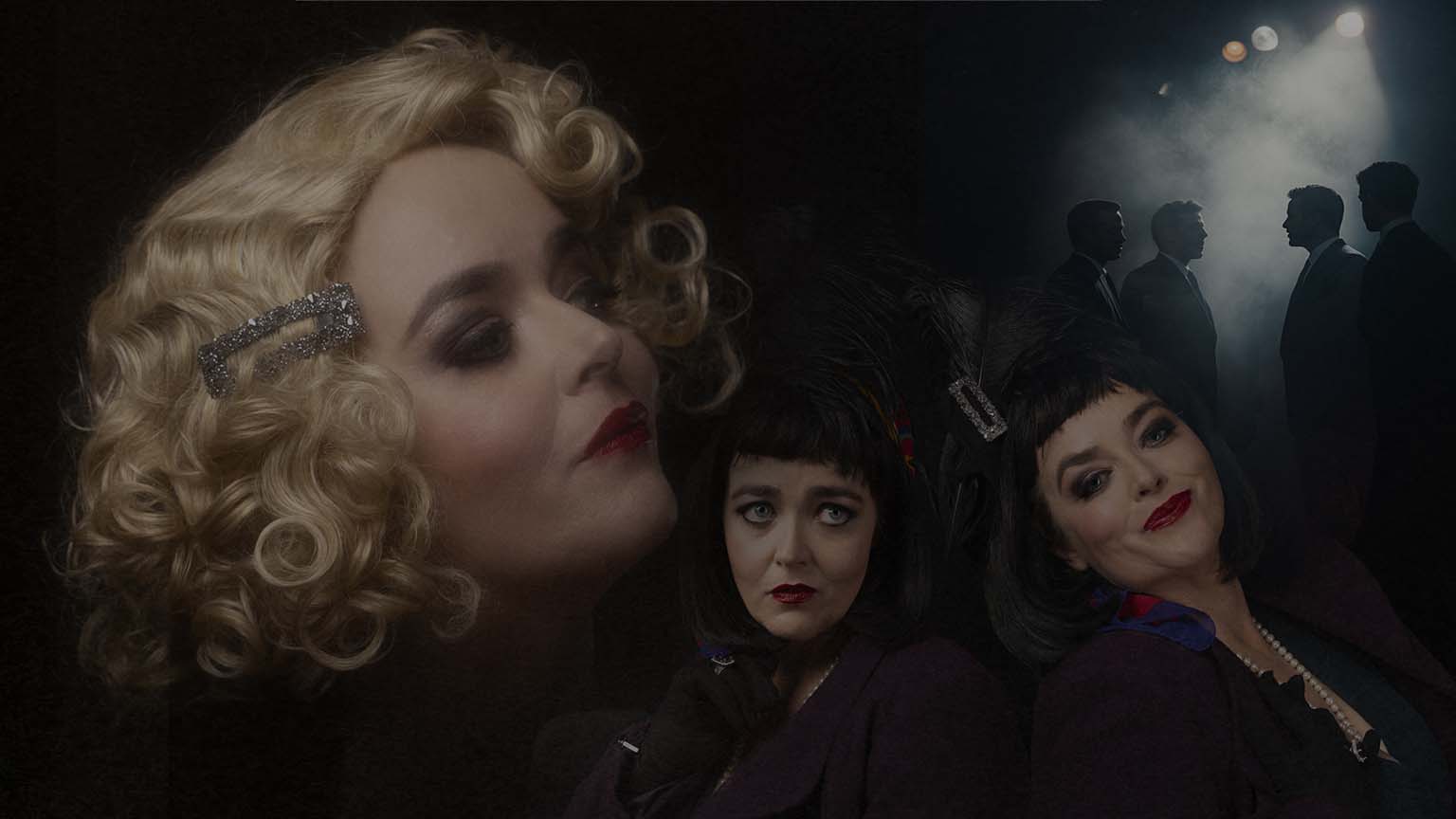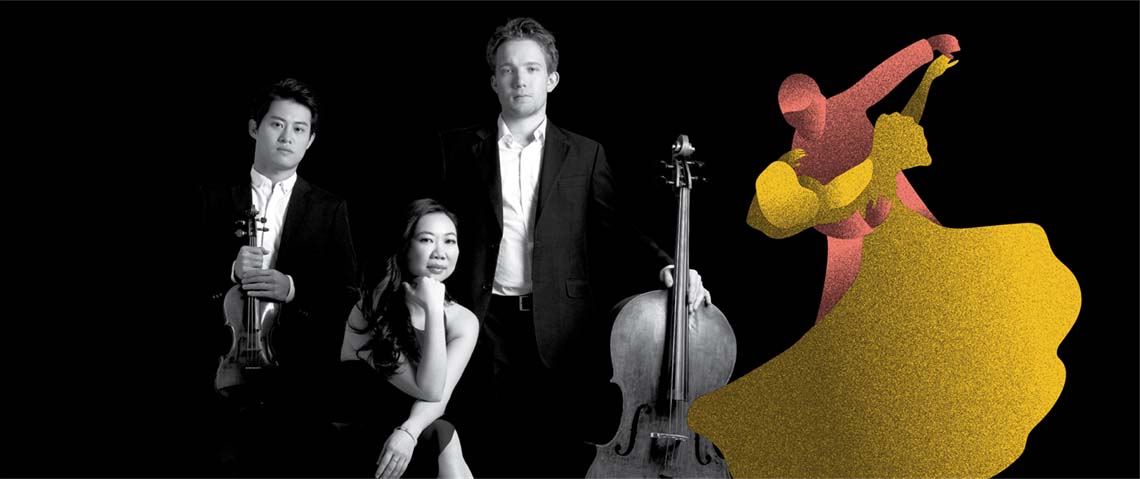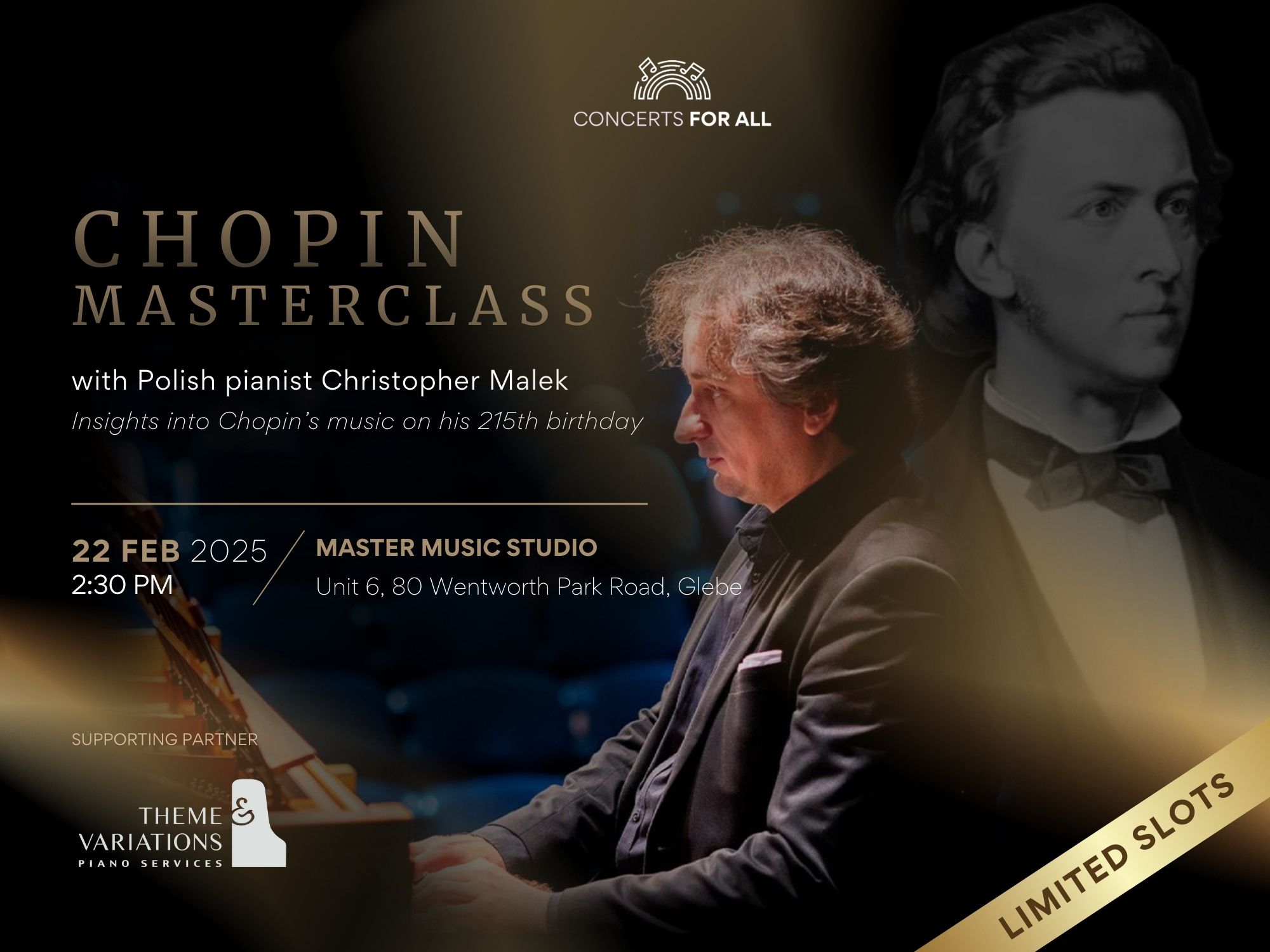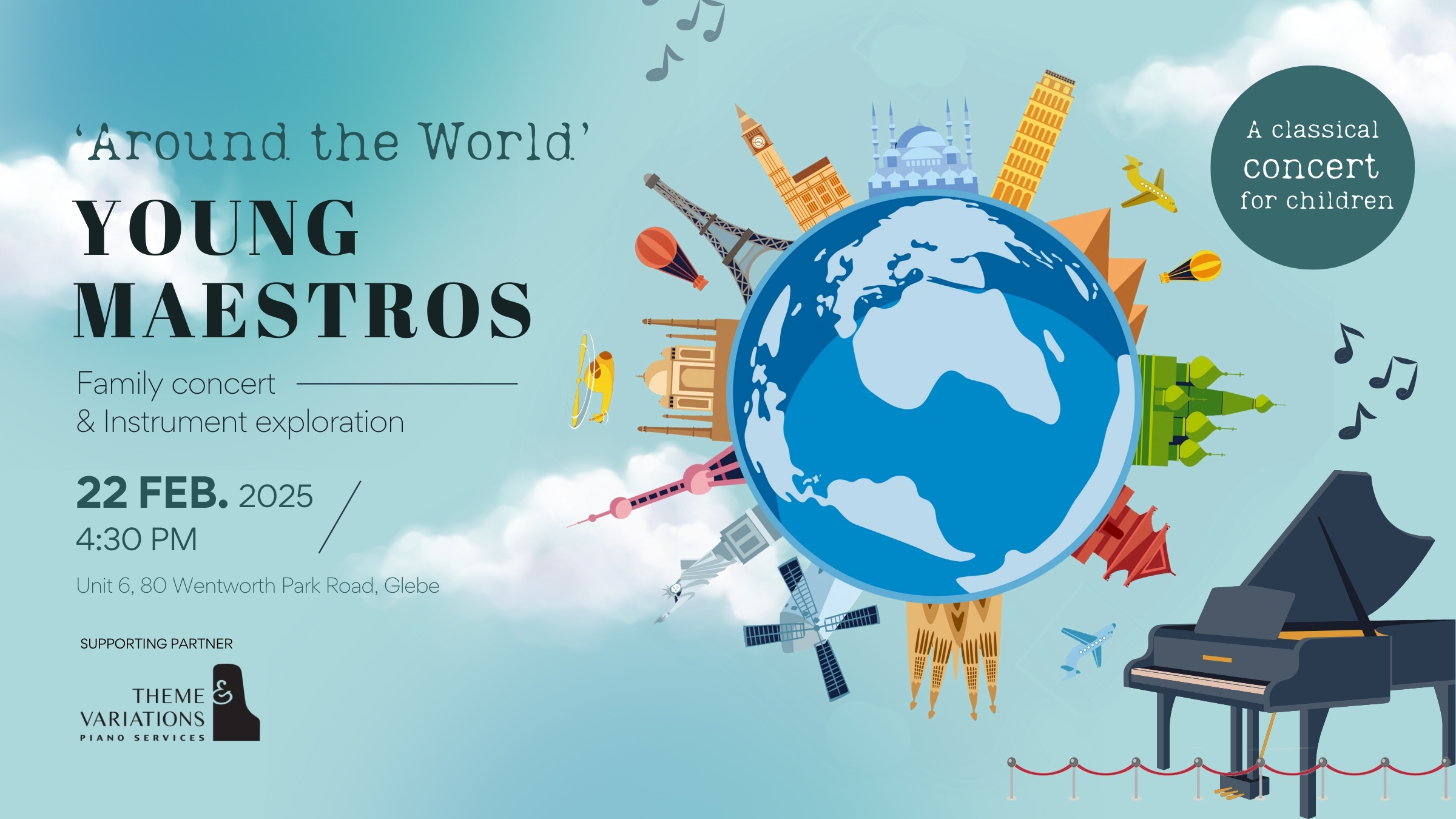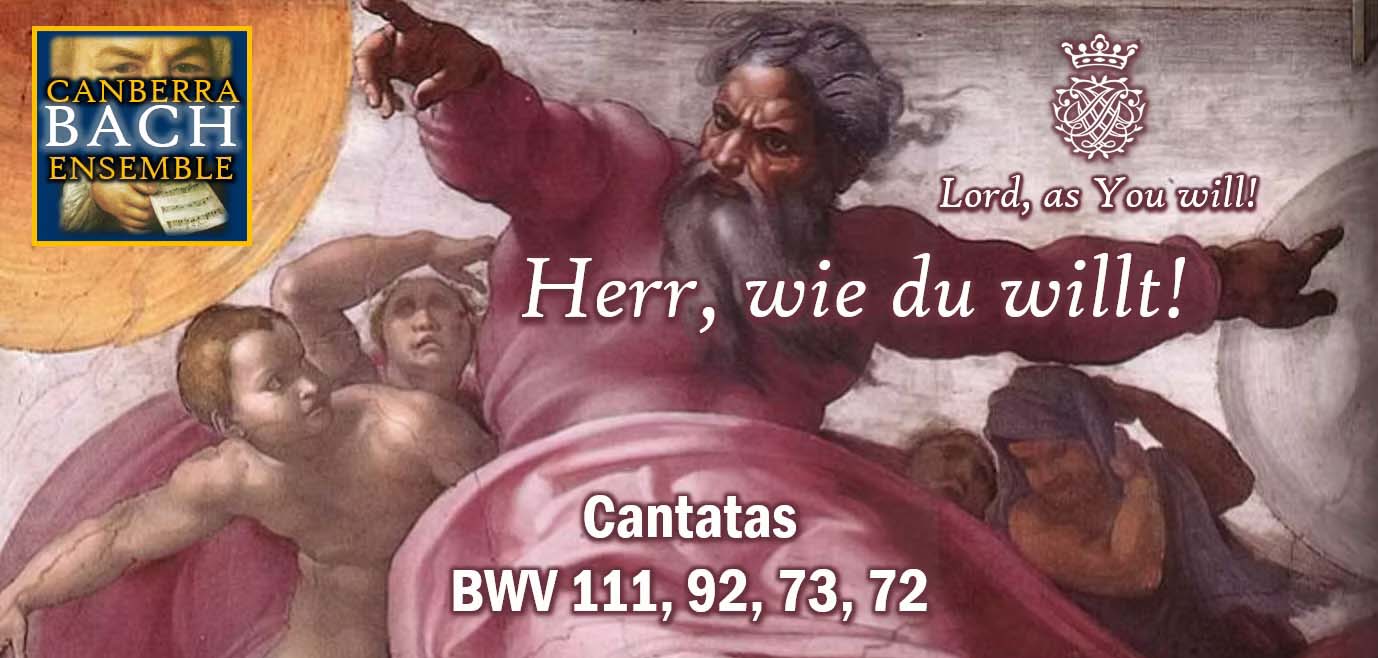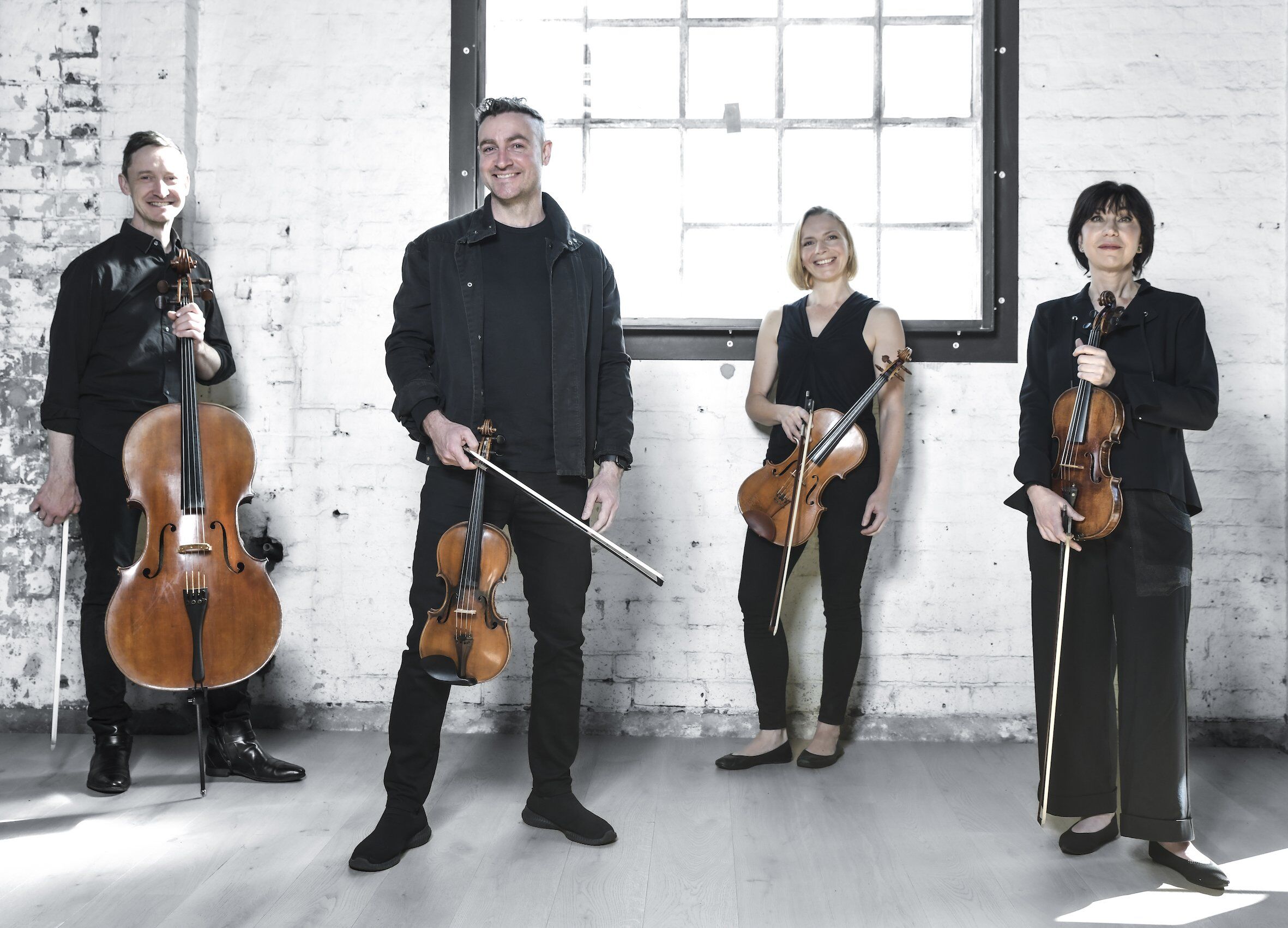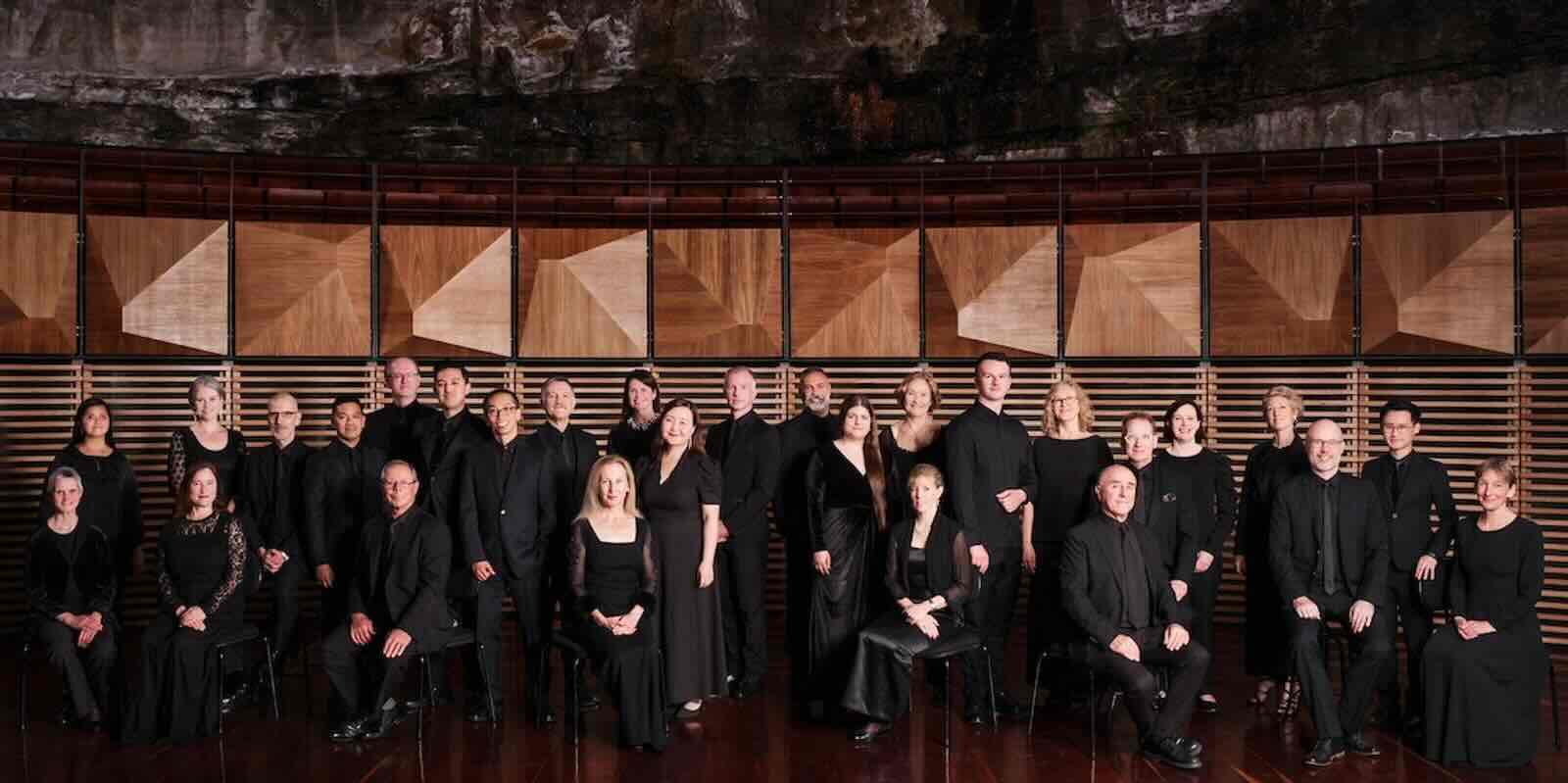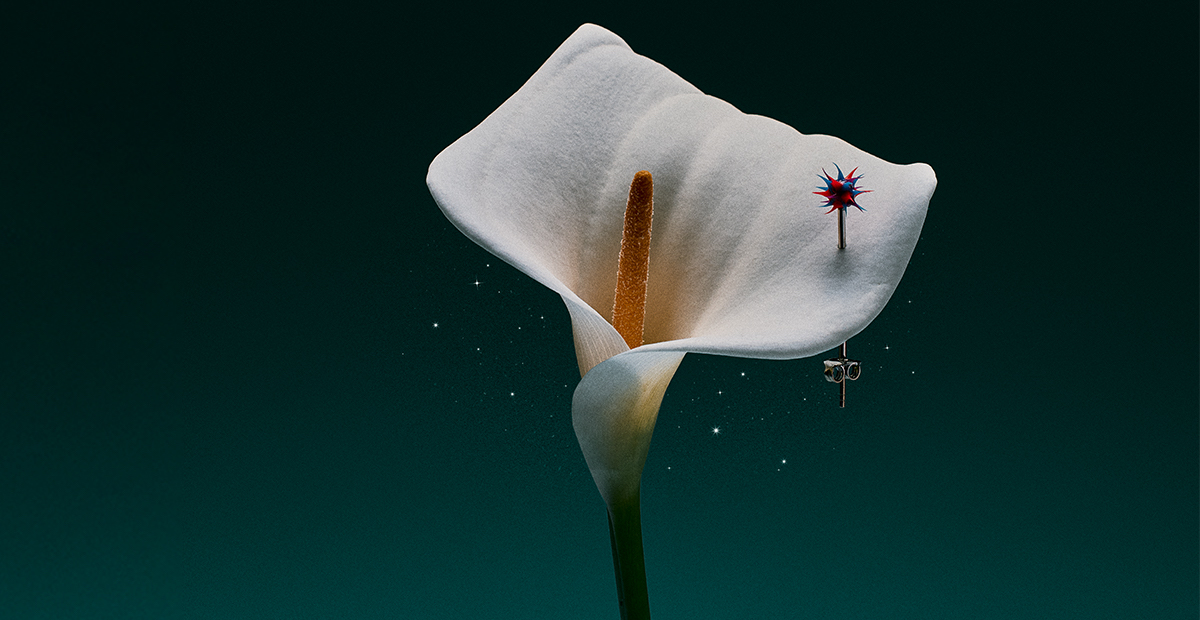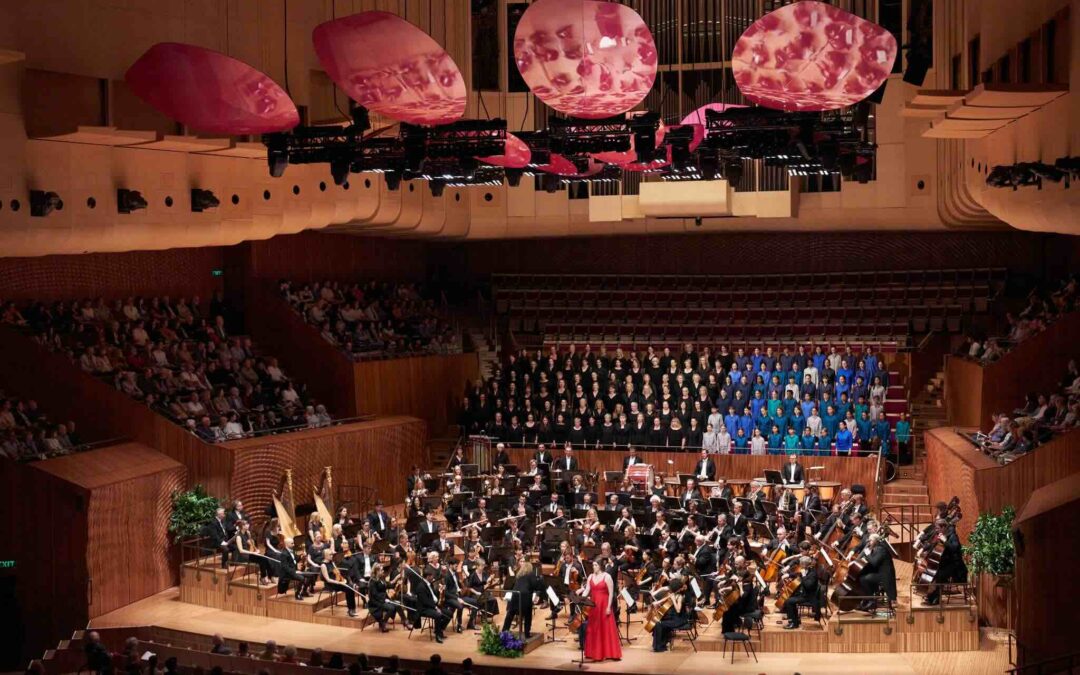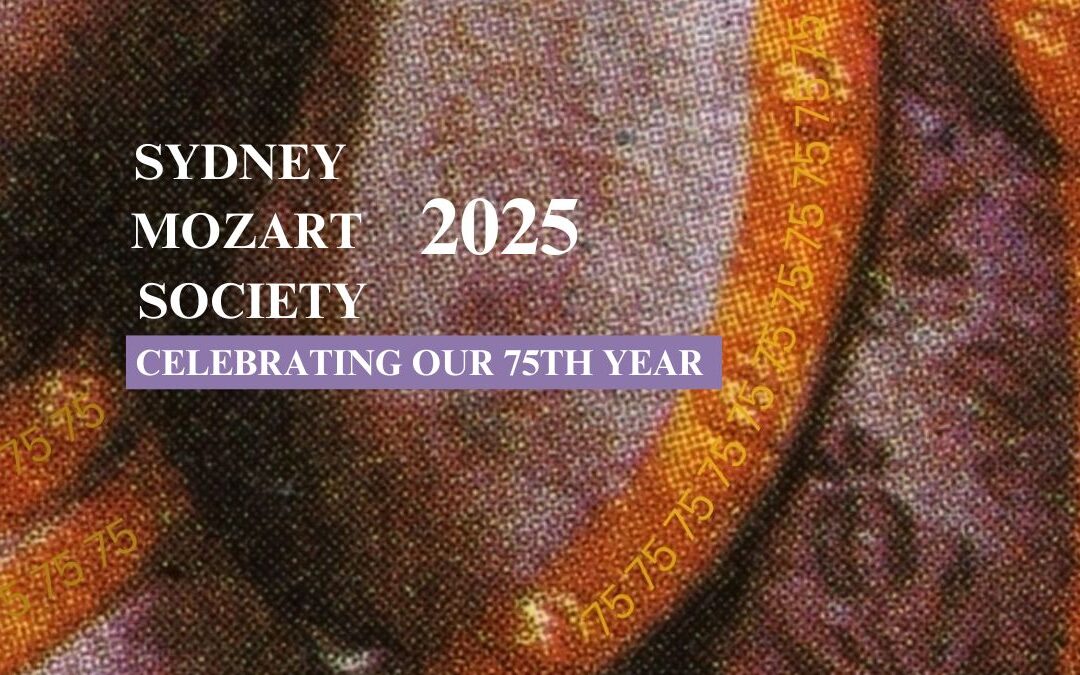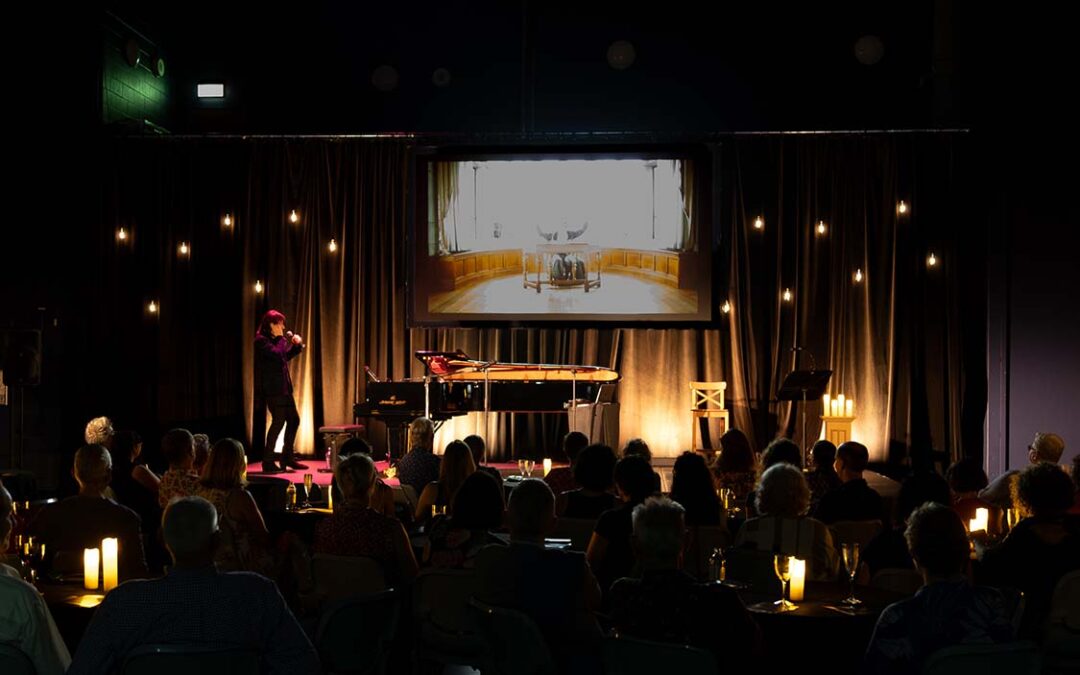Alison completed her Bachelor of Music in Performance in 1999 and her Master of Music Studies in 2000 at the Queensland Conservatorium. She then went on to complete Master of Music (Performance) at the Sydney Conservatorium of Music, graduating in 2005 with High Distinction. Her research thesis focussed on the bassoon compositions of the German bassoonist and composer Victor Bruns. Alison won first prize at the Queensland Double Reed Society Competition in 2003. In 2007 Alison travelled to Germany to take lessons at the Hochshule der Music Franz Liszt – Weimar. Alison has taught bassoon at a number of high schools around Sydney, including Moriah College, Trinity Grammar School, Burwood Girls High School and MLC School. Alison also teaches bassoon and chamber music privately. Currently Alison is studying for her PhD at The University of Sydney.
We asked Alison a few questions
- How old were you when you decided to be a musician and what led you the instrument(s) you now play? My mother tells a story when I was about two years old I was found playing mother’s expensive crystal glasses as cymbals – luckily I was apprehended before I did any damage to myself or the expensive glasses – but I think I was meant to be a musician. Going through primary school and high school I was involved in every musical activity that I had access to, from singing in the school choir to playing recorder in the school marching band, but it was in high school where I started learning bassoon. I tried out for the high school concert band on saxophone, but was clearly not very good at it as they encouraged me to play the bassoon instead. Thankfully that early exposure to music has lead to the most challenging and – for a large part – satisfying career.
- When you’re not rehearsing/performing/teaching, where are you most likely to be? At the moment I’m currently finishing my PhD, so I’ll likely be at my computer writing or reading papers. On the rare occasions I have downtime you’ll find me in a café reading a book or doing the crossword and drinking coffee.
- After you finish a concert, what is the first drink you want to have in your hand? Usually a cold glass of beer, but if I’m feeling rich it will be a glass of champagne.
- If there weren’t external factors involved, how long do you think a concert should go for? That’s difficult to say, it depends on what you’ve paid to see and hear. I’ve enjoyed symphony orchestral concerts with the typical two 45-60 minute halves with a short intermission. And I’ve also enjoyed contemporary gigs with 30-45 minute sets.
- When should we clap? I think the audience should respond to the music or acknowledge the musicians on stage when they feel it should be appreciated. It’s a little stuffy that most concerts follow this tradition of stifling coughs, murmurs and only clapping at the ends of pieces. That being said, if classical concerts continue to program only “classical” works it becomes a little difficult for the audience member to freely express his or her appreciation.
A member of

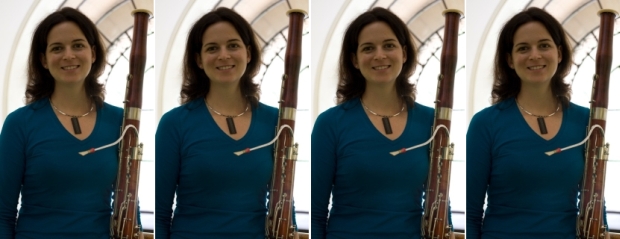
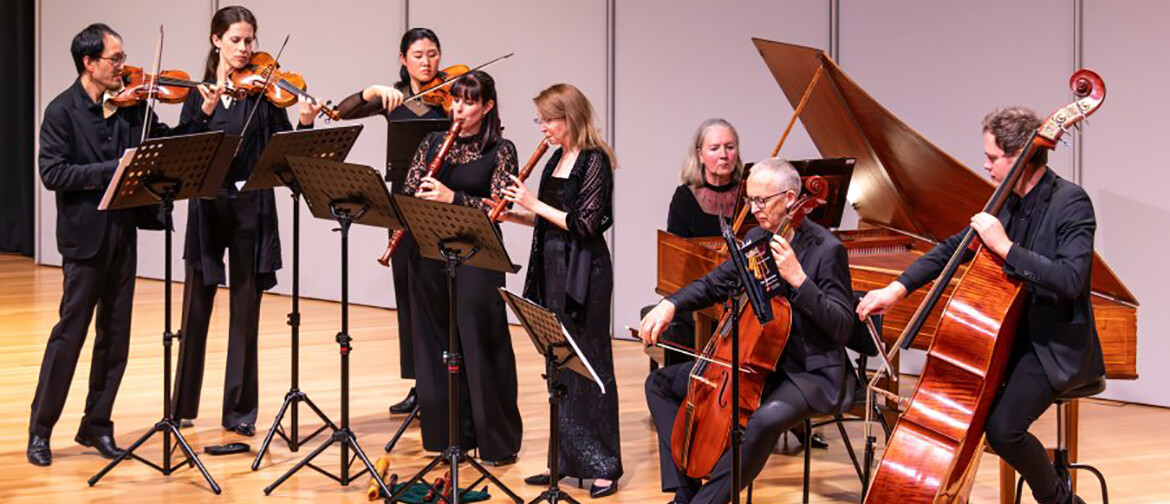
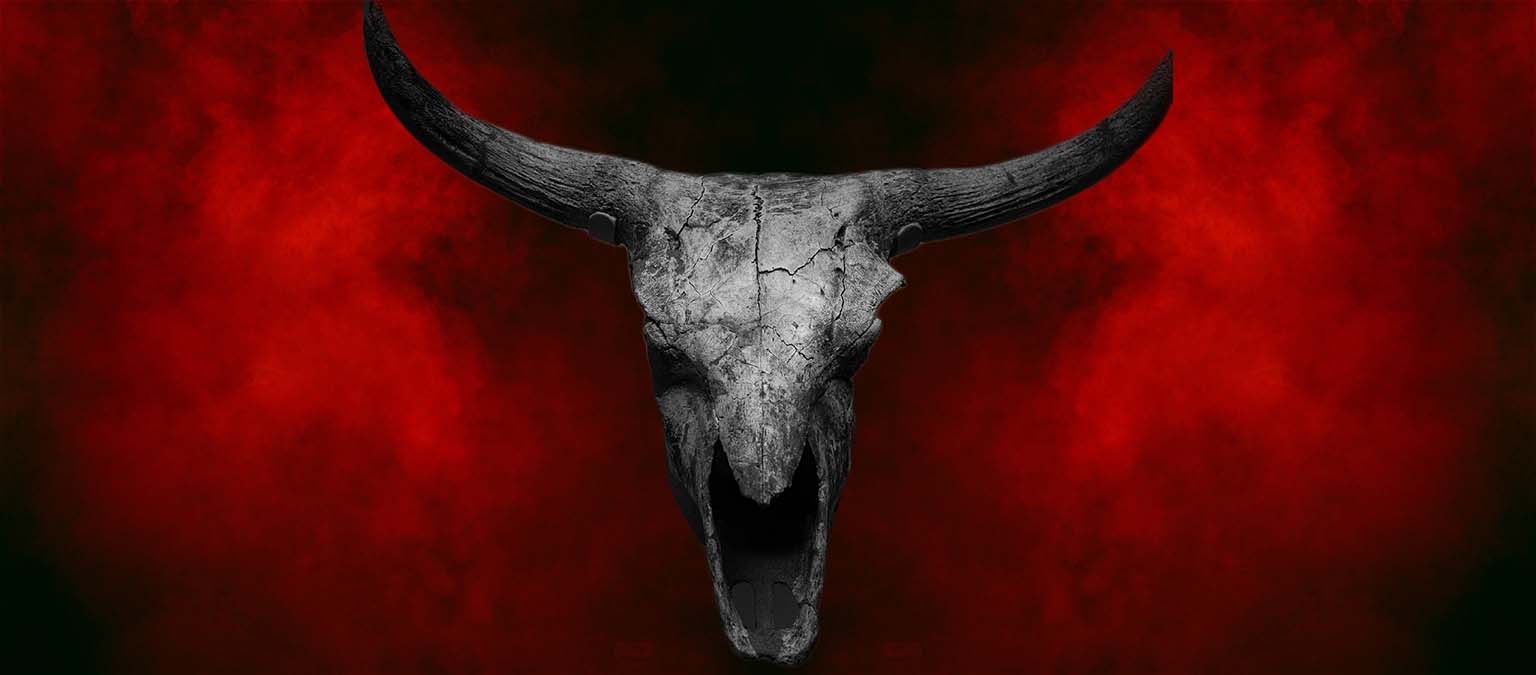

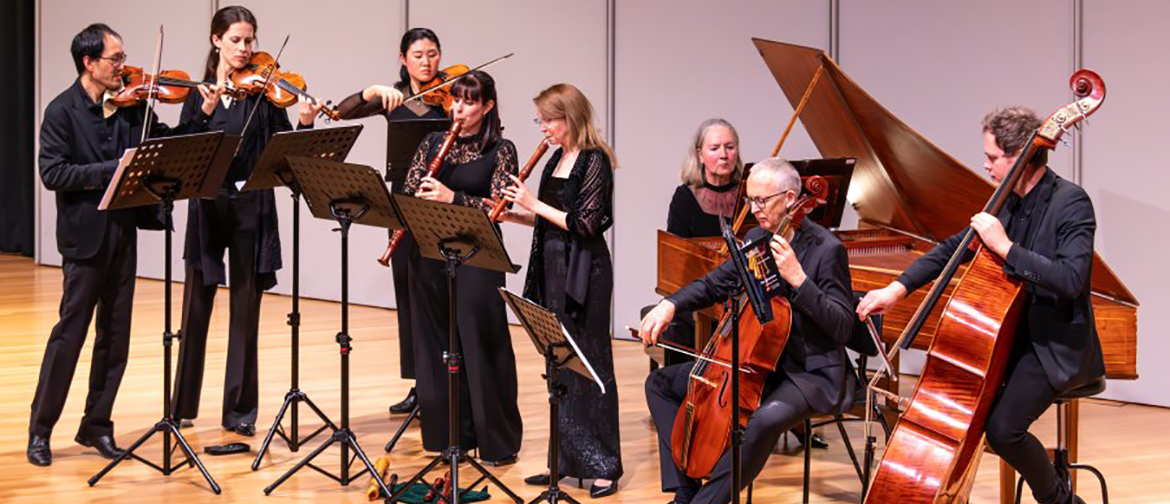
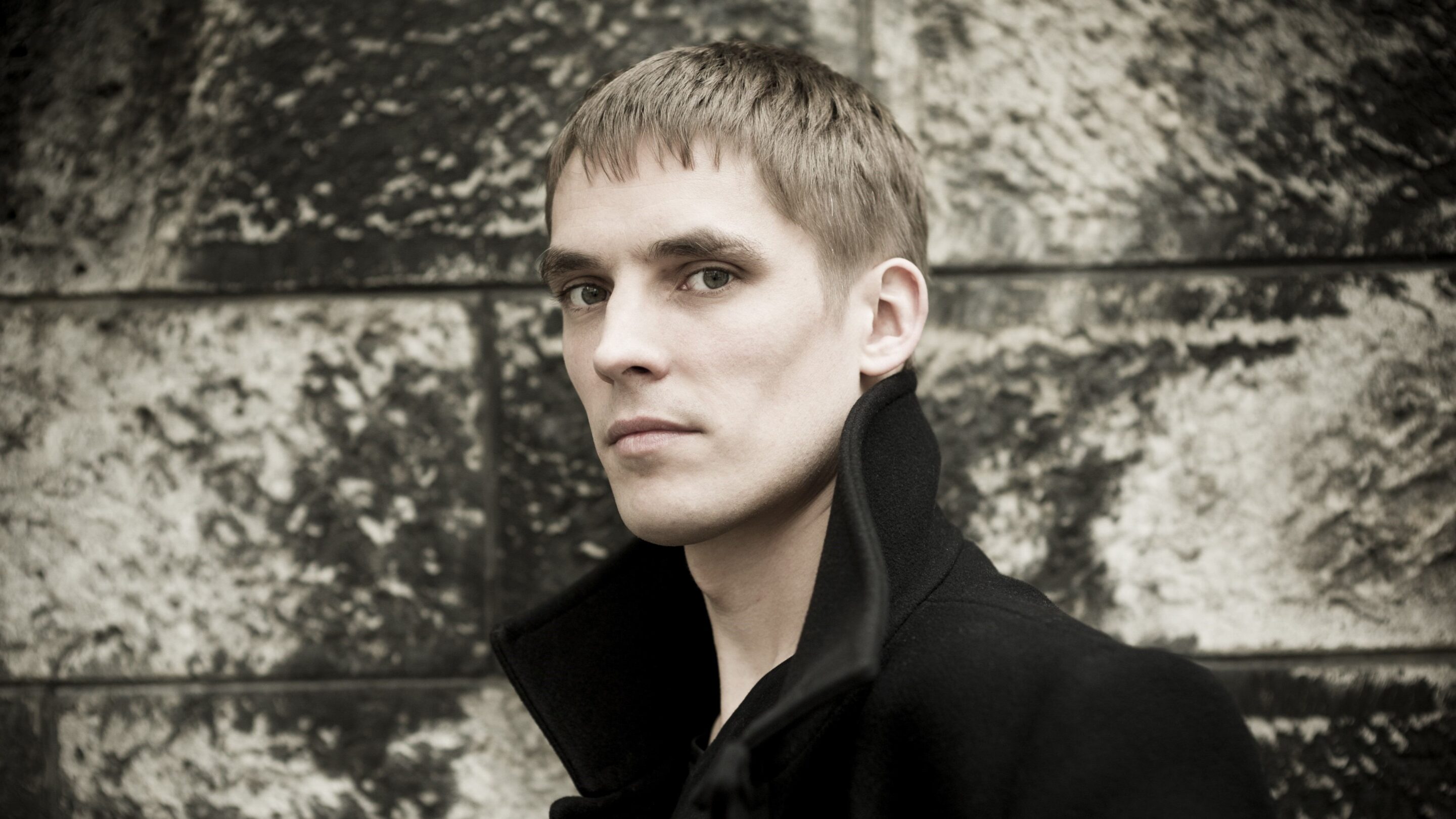
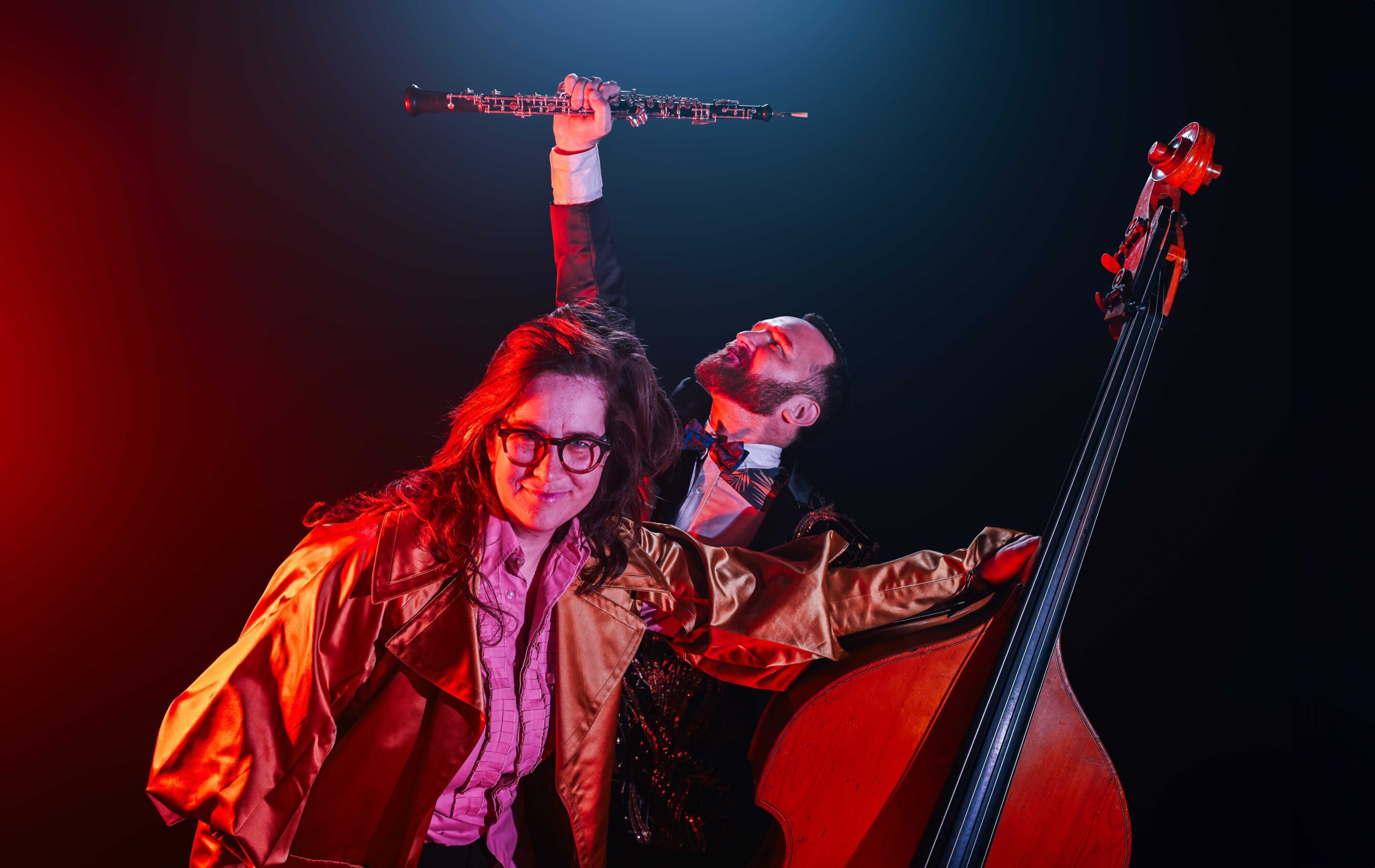
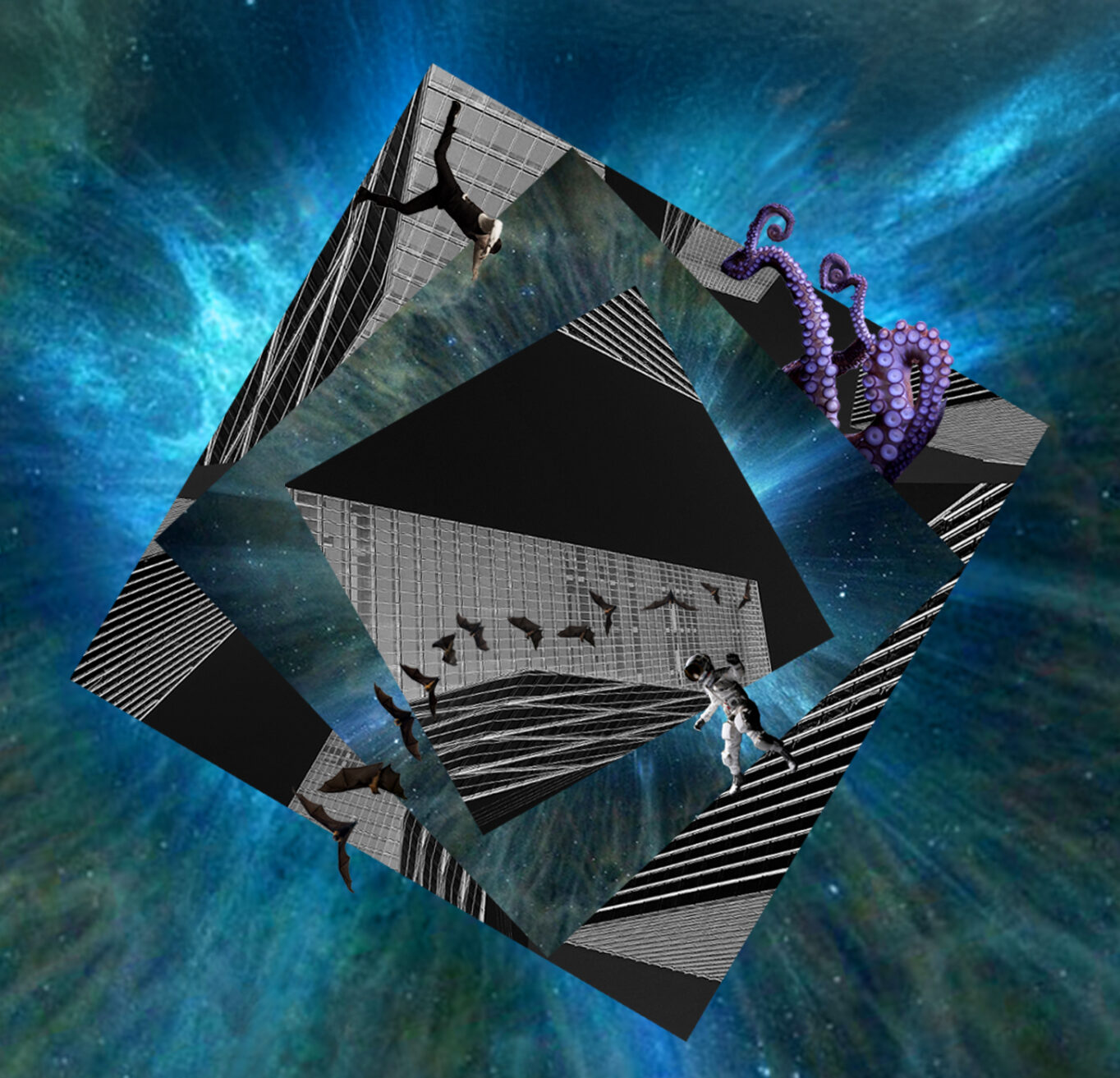
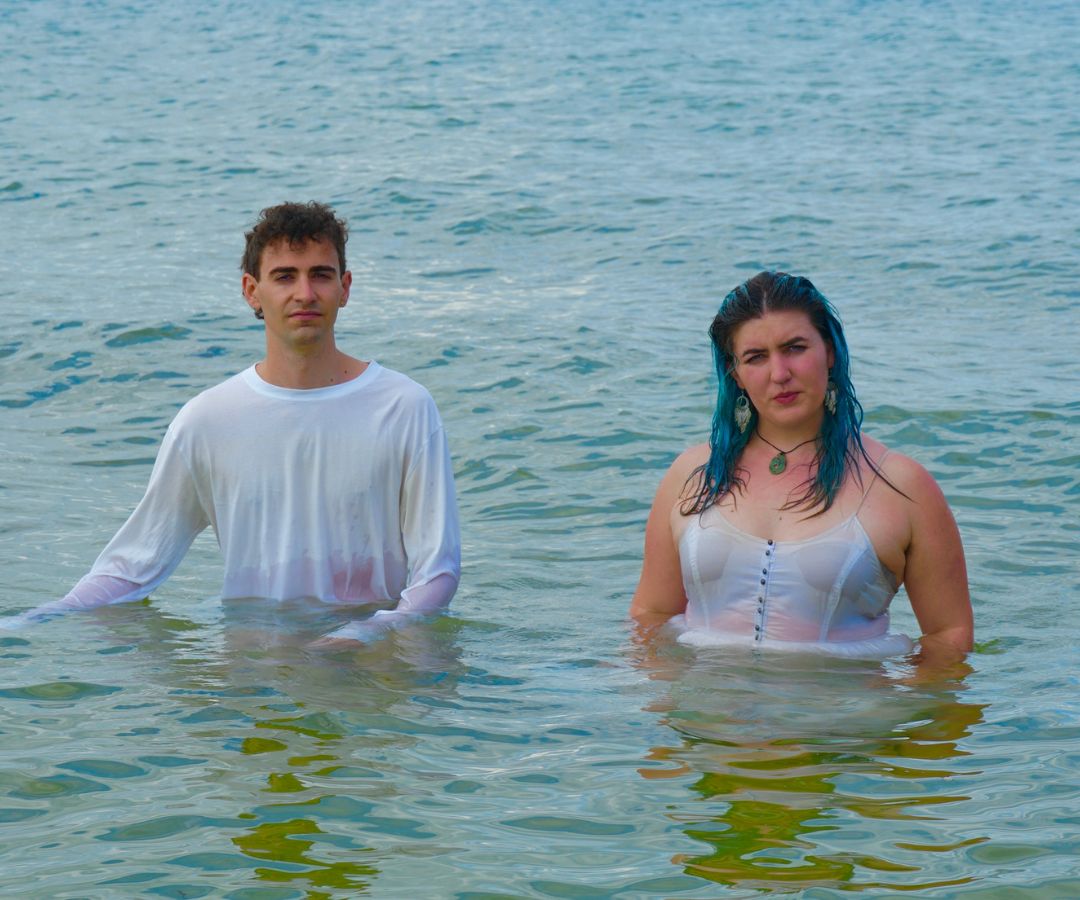


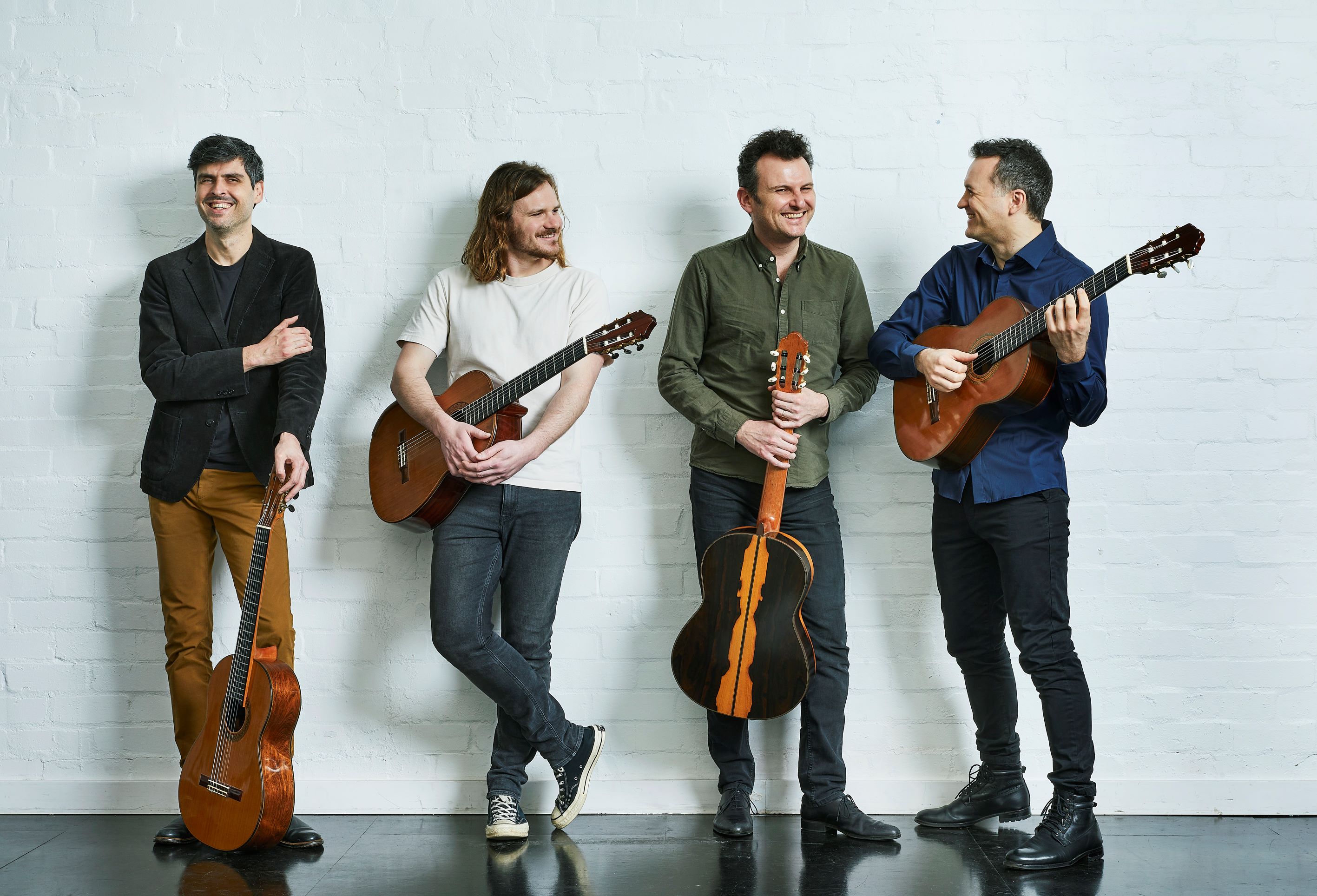
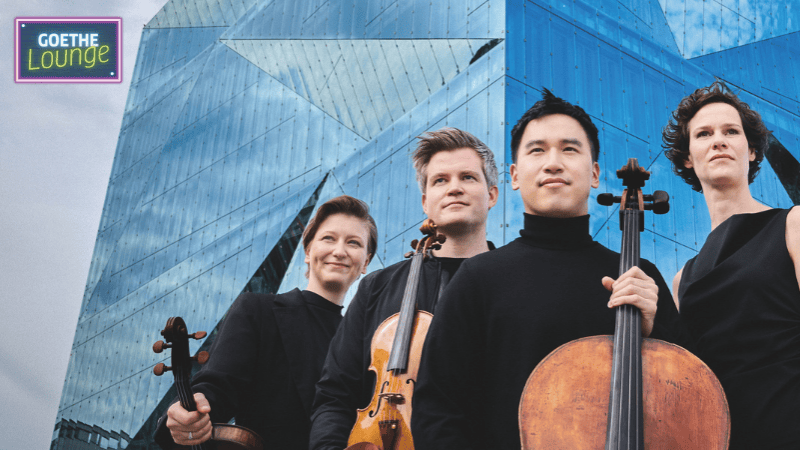
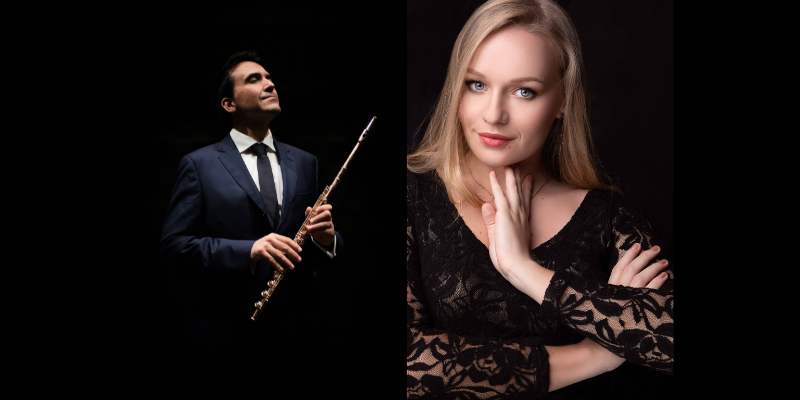
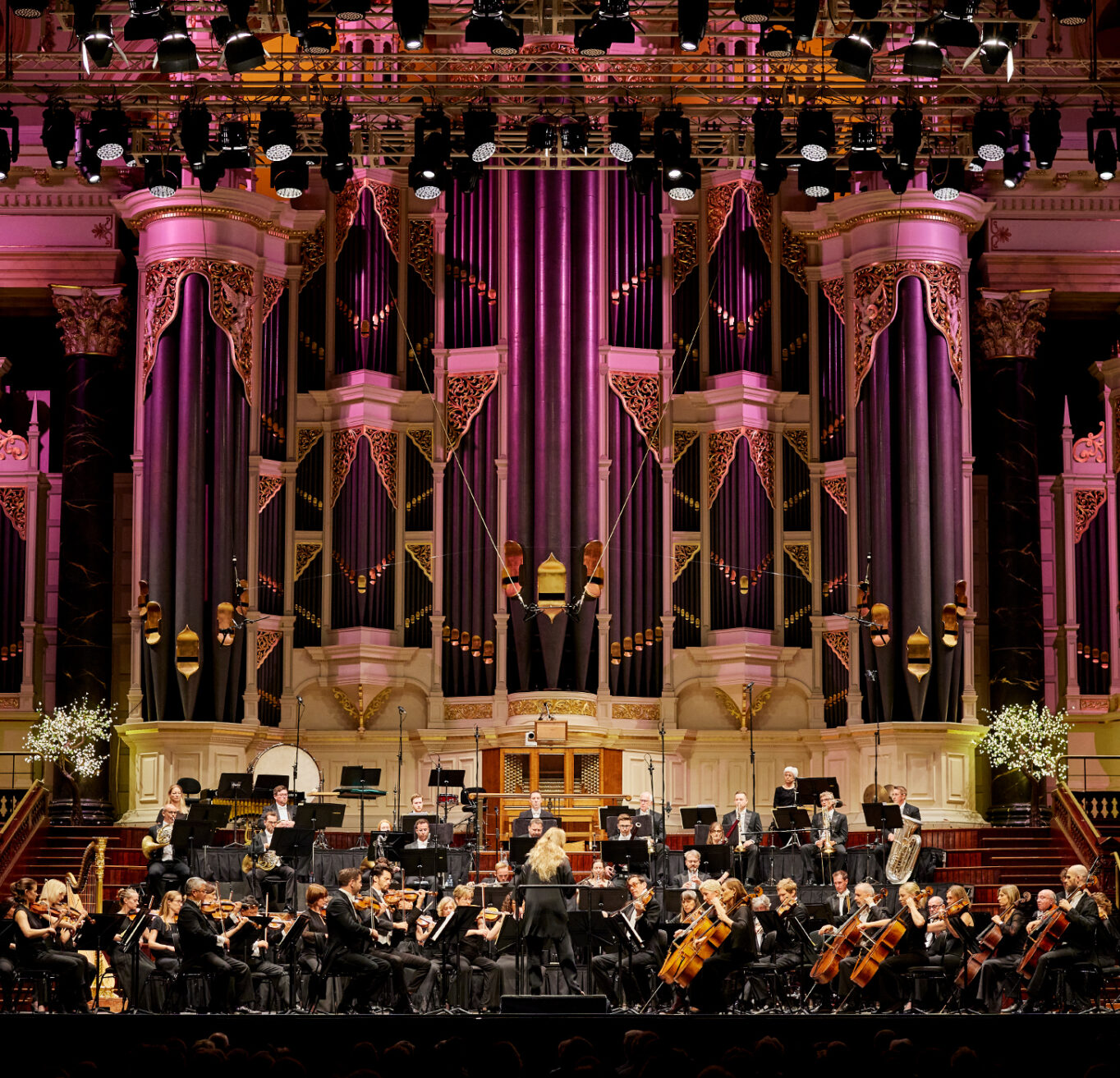
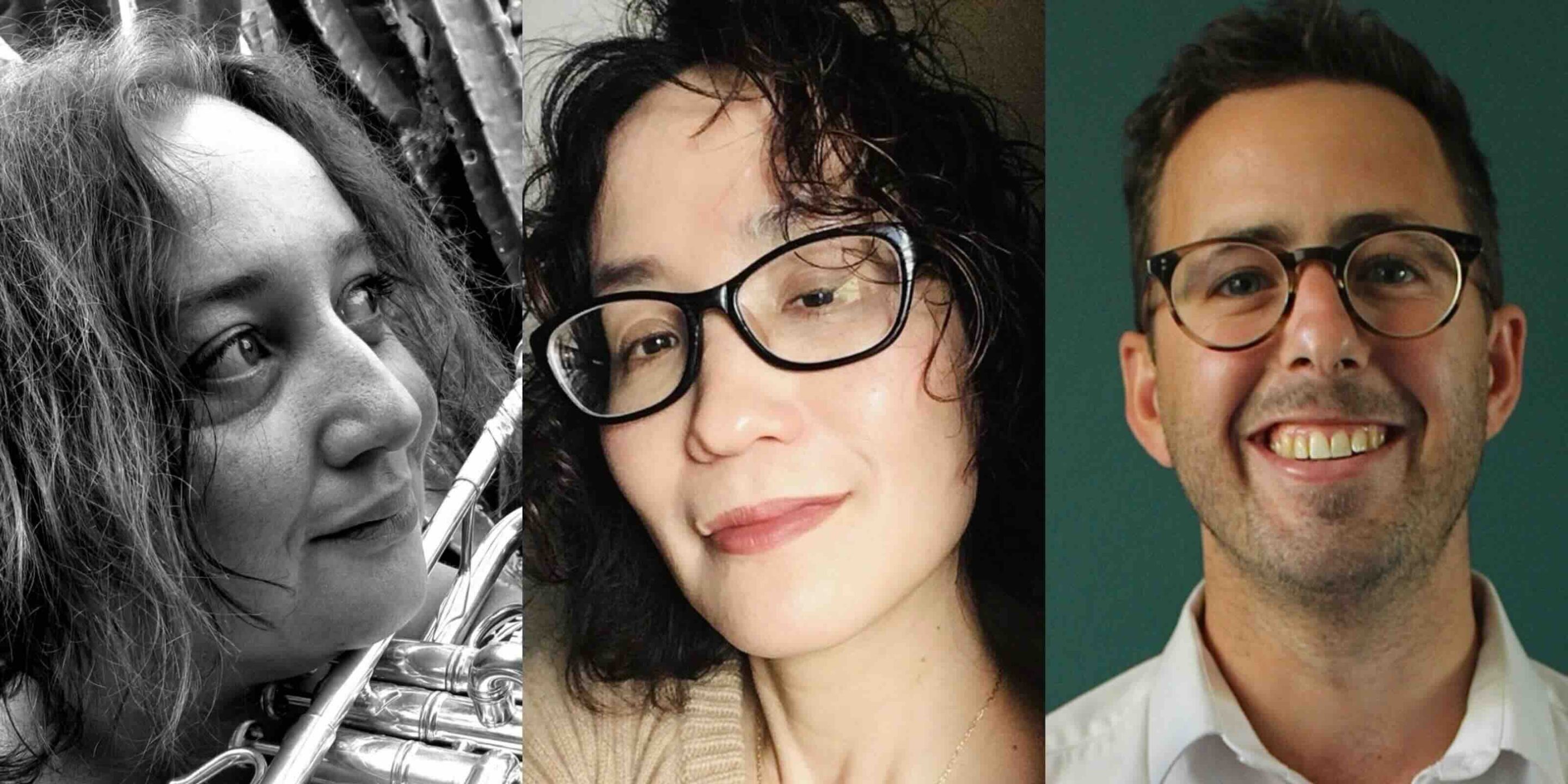
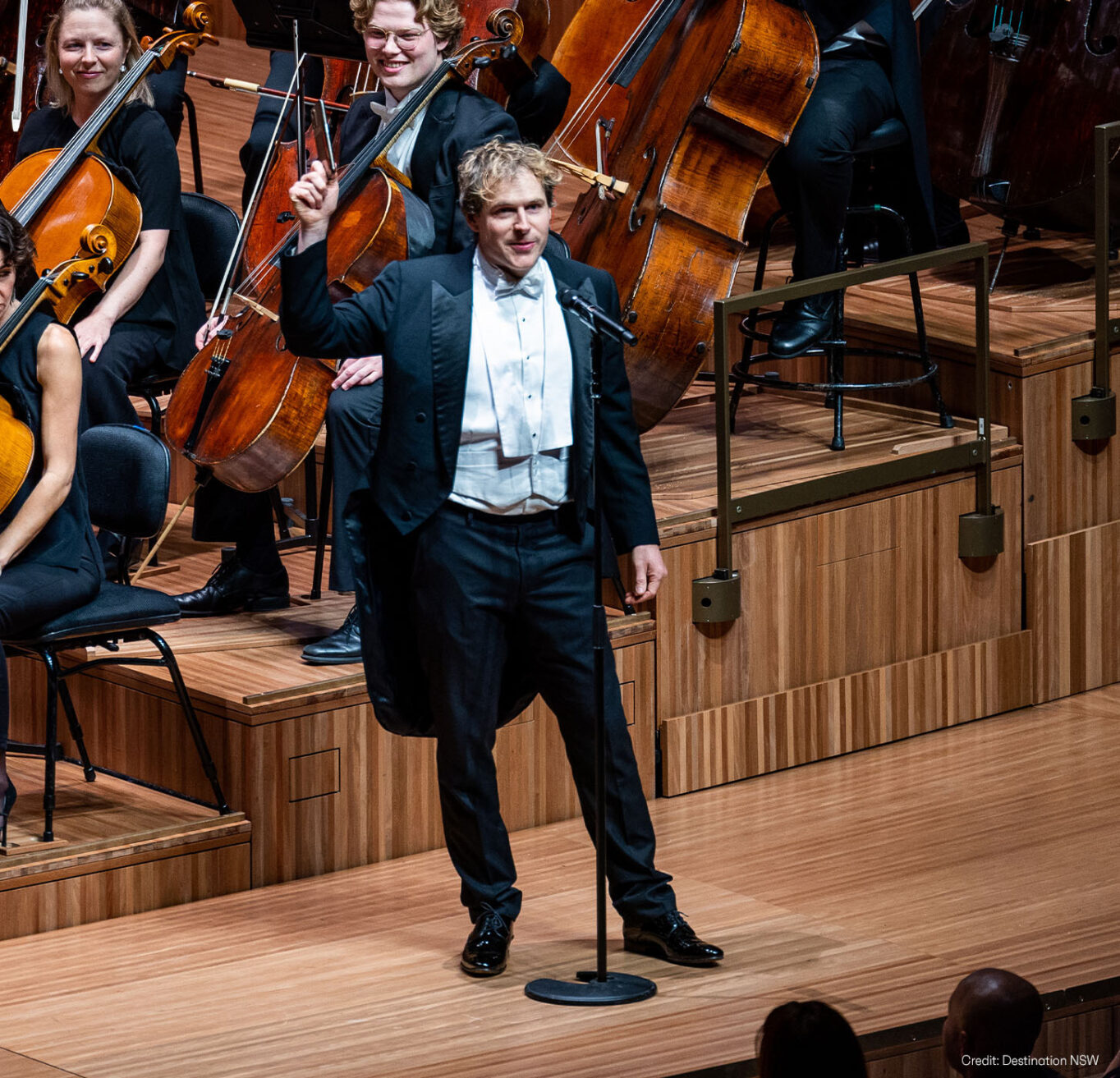
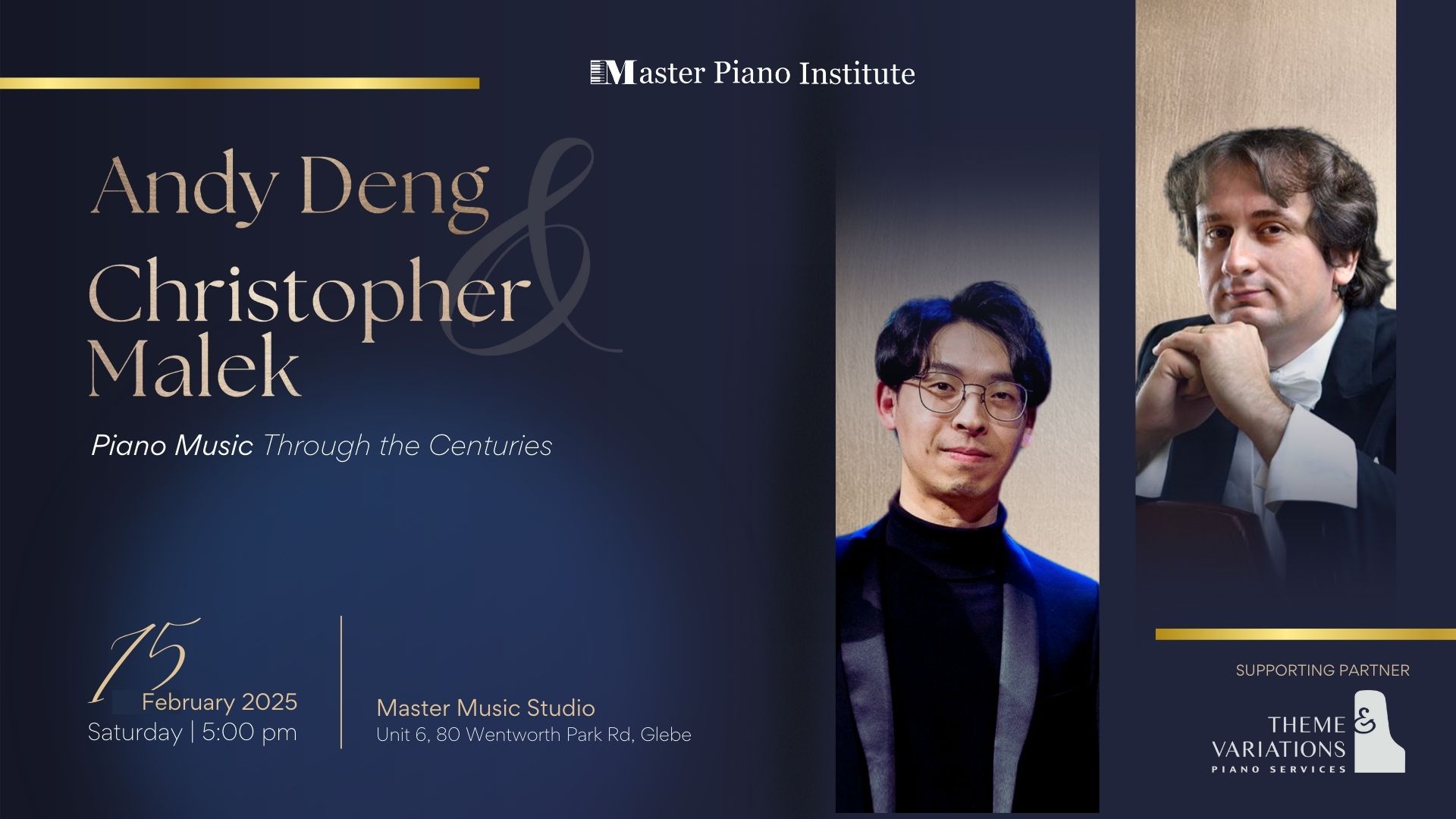
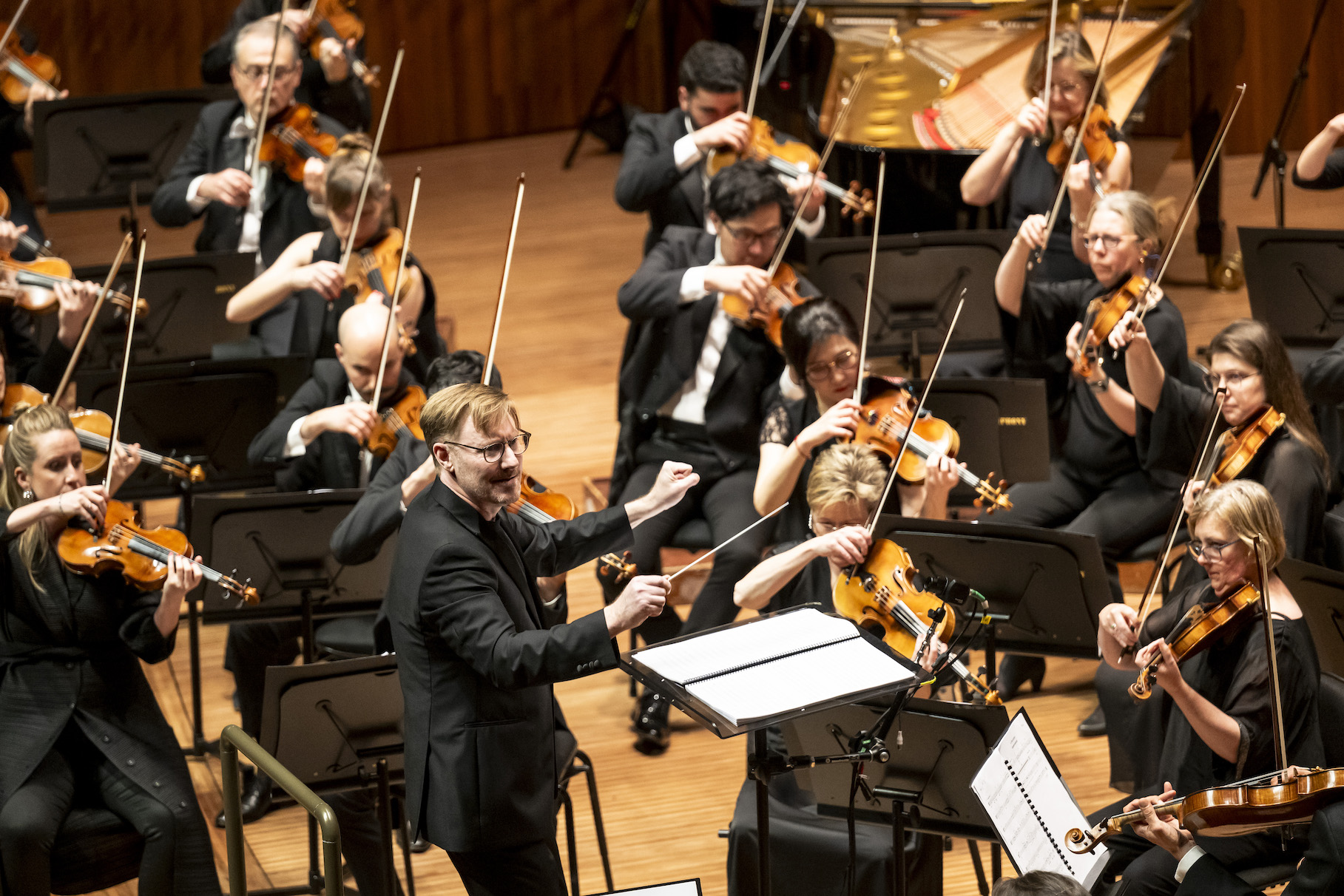
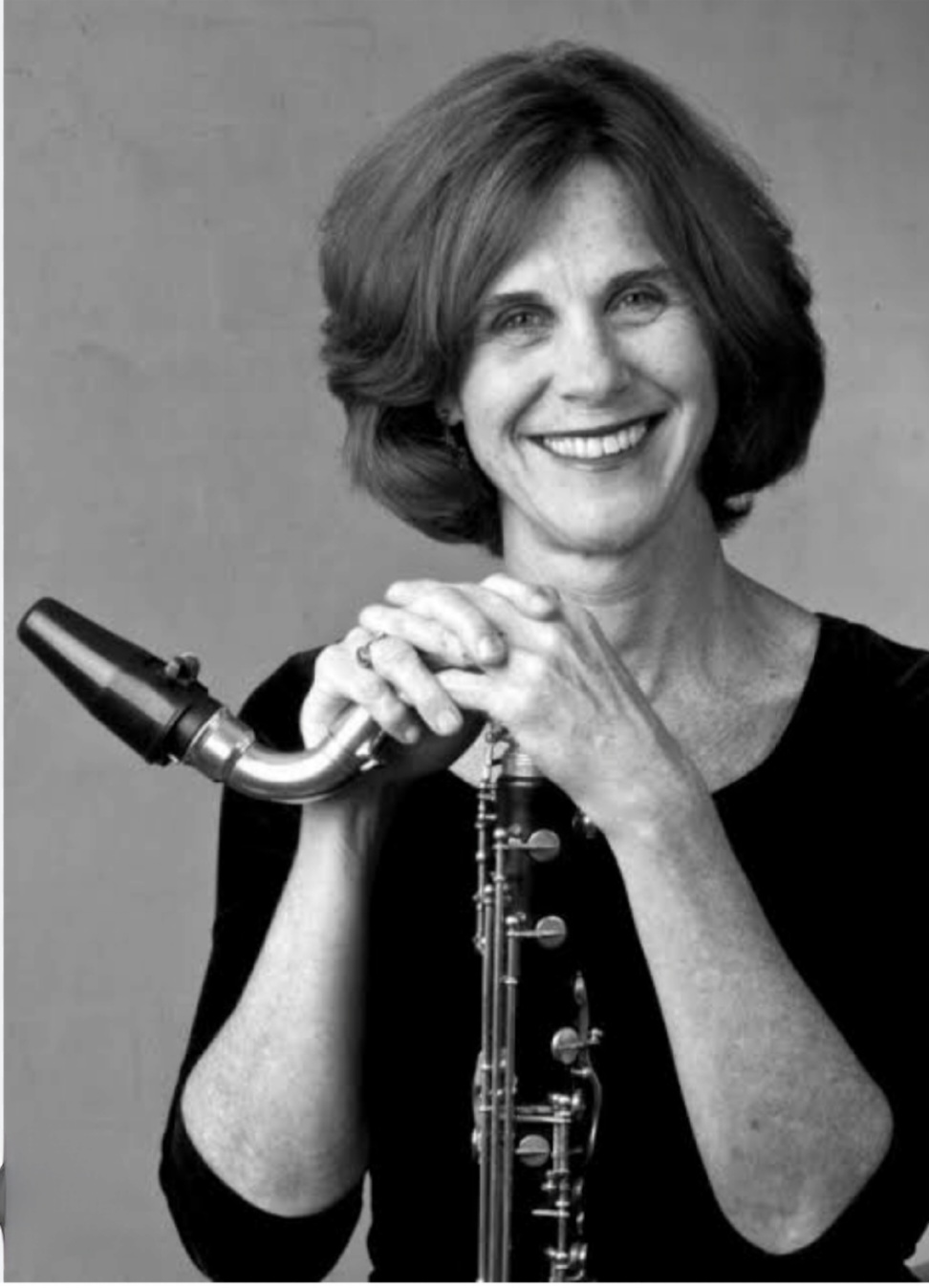
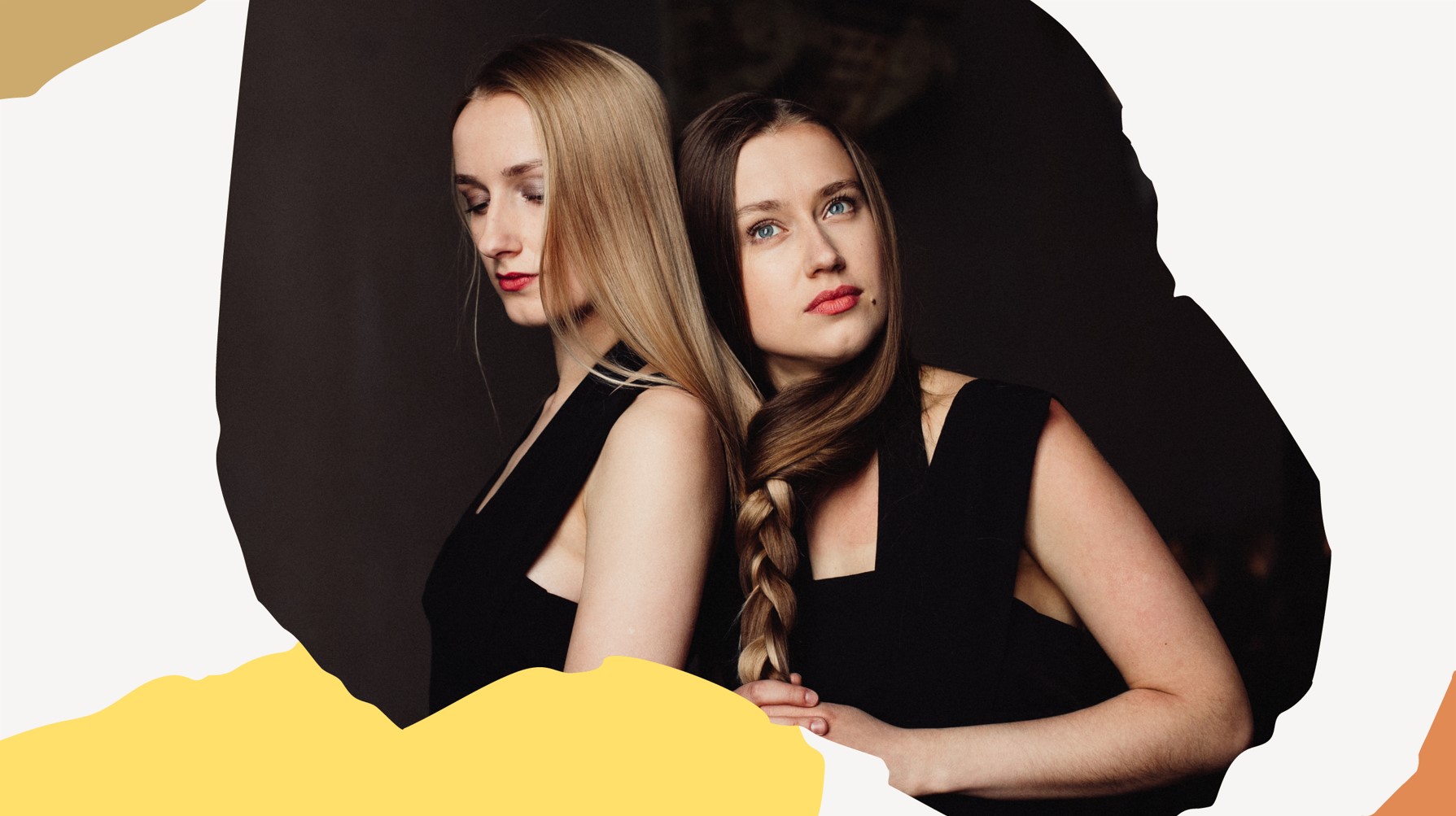
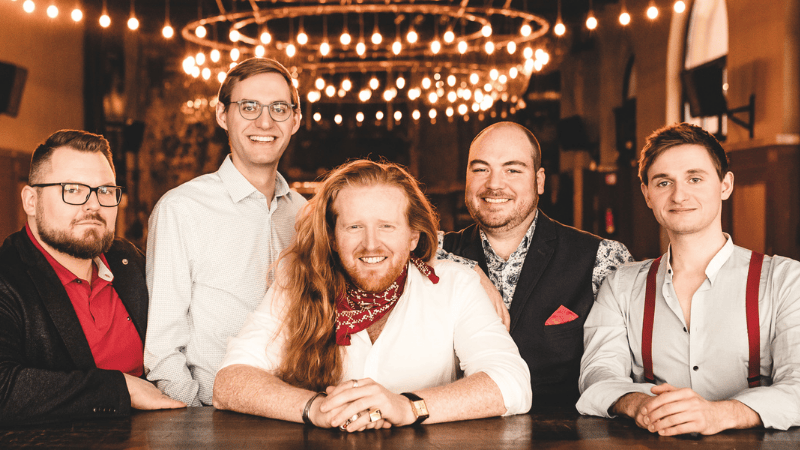
![artboard 1[31] artboard 1[31]](https://cdn-classikon.b-cdn.net/wp-content/uploads/2025/01/artboard-131.jpg)
